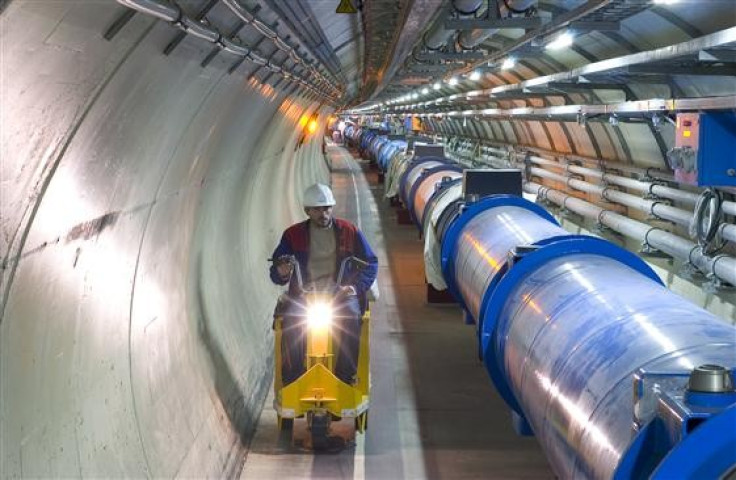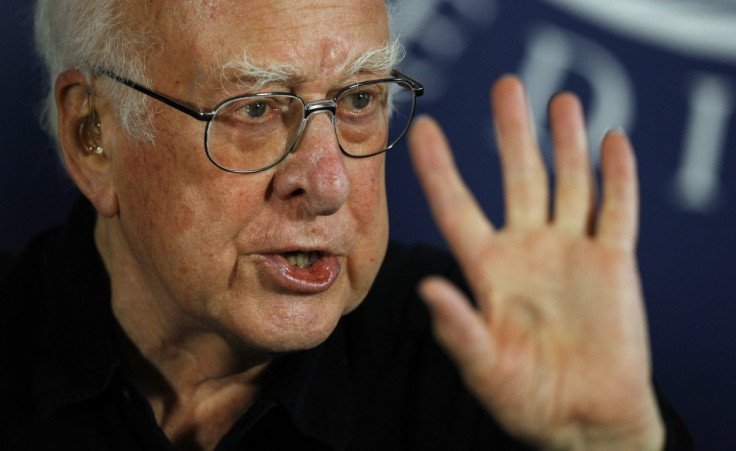Big Bang Theory: Cern Shuts Down Proton Particle Accelerator to Address Design Issues

The Large Hadron Collider (LHC), the machine that aims to recreate conditions found immediately after the Big Bang 13 billion years ago, will be shut down until 2015 so scientists can address design problems.
Cern - the European Organisation for Nuclear Research - will turn off the machine in February 2013 in order to undertake essential maintenance until the end of 2014.
The machine aims to produce its own Big Bang by colliding two streams of protons heading in opposite directions at almost the speed of light.
When the LHC was first turned on, scientists hoped the collisions would reveal sub-atomic particles that could include the Higgs boson, or 'God Particle', which would confirm how particles acquire mass and provide a new understanding of the universe.
Researchers thought they had found the God Particle in July this year after they observed a new particle consistent with Higgs Boson, but they are not entirely certain.
In his end-of-year message, Cern director-general Rolf Heuer said: "Though we don't yet know the full details of the particle announced in July, it is looking more and more like the Higgs boson first proposed in 1964."

The LHC will be shut down so Cern can undertake maintenance on the accelerator chain, meaning it will be able to run at a higher speed when it is turned back on in 2015.
It has been running for three years and has achieved a number of milestones in that time, completing its first LHC proton run earlier this month. It has recorded around five billion collisions of interest, and of these around 400 results are compatible with the God Particle.
Steve Myers, director for accelerators and technology at Cern, said: "High intensity beams are vital for the success of the LHC programme. More intense beams mean more collisions and a better chance of observing rare phenomena.
"The LHC's performance has exceeded all expectations over the last three years. The accelerator delivered more than six million billion collisions and the luminosity has continuously increased. It's a fantastic achievement, and I'm incredibly proud of my team."
There have been a number of problems with the LHC since it was turned on in 2008, including a helium leak and a power cut.
Meanwhile Peter Higgs, the scientist who first theorised the God Particle, is to receive one of the highest awards in the New Year honours list. He will be made the Companion of Honour for his "services of national importance".
© Copyright IBTimes 2024. All rights reserved.






